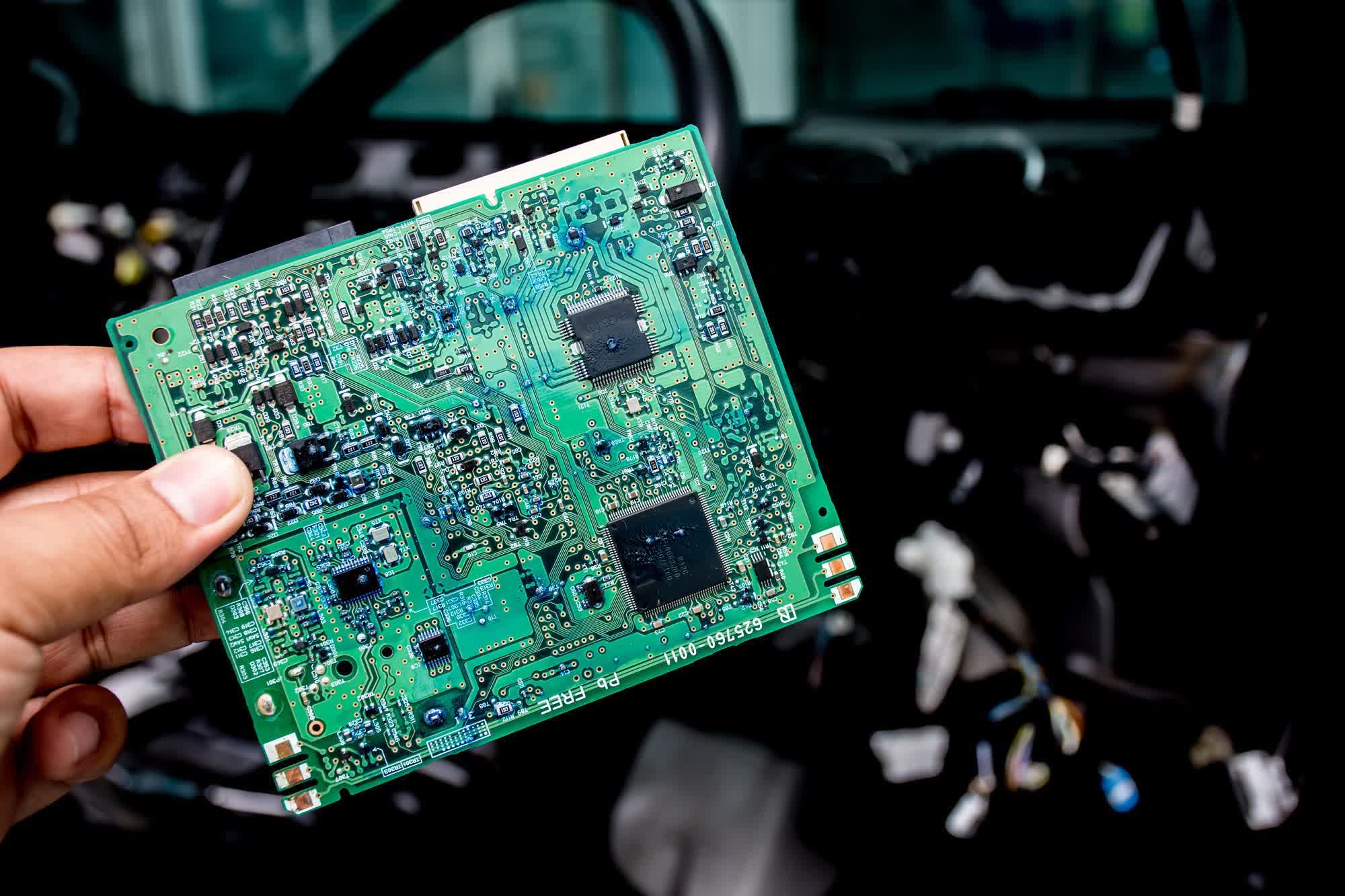What just happened? We already know that semiconductor shortages are having an impact on multiple industries, and the situation is expected to get worse. It’s become such an issue that the Biden administration is stepping in to try and address the problem.
White House press secretary Jen Psaki said that the Biden team is “currently identifying potential chokepoints in the supply chain and actively working alongside key stakeholders in industry and with our trading partners to do more now.”
President Biden is expected to sign an executive order in the coming weeks directing a government-wide supply chain review for critical goods, including chips, writes Bloomberg. The 100-day review will be led by the National Economic Council and National Security Council. Its focus will be on semiconductor manufacturing and advanced packaging, critical minerals, medical supplies, and high-capacity batteries, such as those used by electric vehicles.
The government intervention has been prompted by the problems chip shortages are causing in the automotive industry. Companies including Ford, GM, VW, and many more have all reduced or say they may reduce their output due to semiconductor supply issues. General Motors said it could wipe $2 billion from 2021 profit, while Ford has cut back manufacture of its popular F-150 pickup trucks at plants in Michigan and Missouri.

The White House announcement follows a January 19 letter sent to Biden adviser Brian Deese from the United Auto Workers union that asked the administration to consider “urging major silicon wafer foundries to ramp up production of automotive grade wafers.”
On Thursday, CEOs of tech giants including Intel, AMD, and Qualcomm signed a letter urging Biden to increase support for domestic chip production. It notes that the United States’ share of global chip manufacturing has dropped to 12 percent from 37 percent in 1990. The demands include “substantial funding for incentives for semiconductor manufacturing, in the form of grants and/or tax credits.”
While the review is concentrating on easing problems in the automotive industry, it could ultimately help address shortages elsewhere, including PC hardware and consoles.
Image credit: Macro photo

